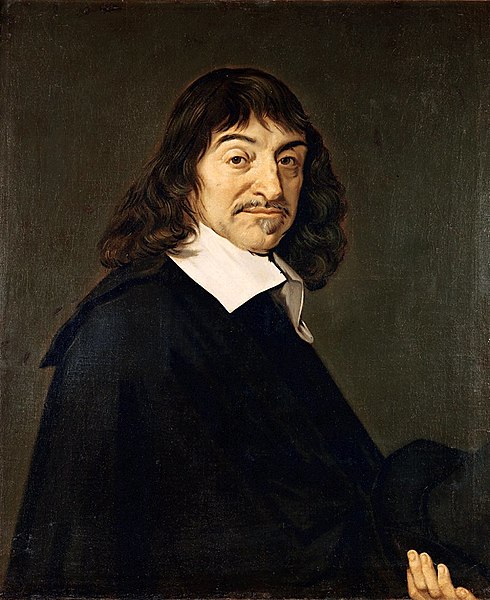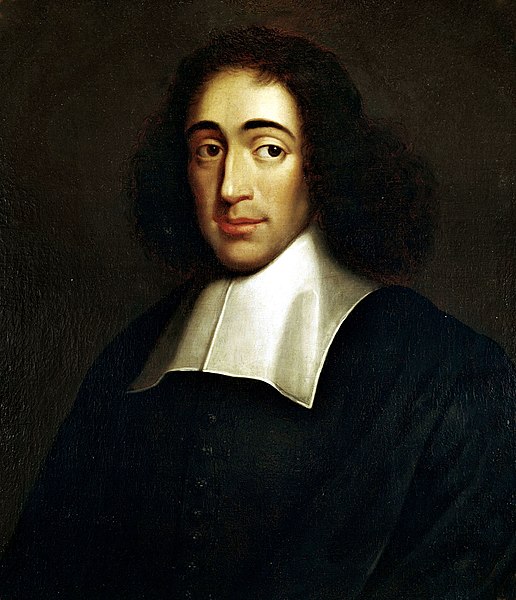The Age of Enlightenment was the intellectual and philosophical movement that occurred in Europe in the 17th and the 18th centuries. The Enlightenment featured a range of social ideas centered on the value of knowledge learned by way of rationalism and of empiricism and political ideals such as natural law, liberty, and progress, toleration and fraternity, constitutional government and the formal separation of church and state.
Reading of Voltaire's tragedy, The Orphan of China, in the salon of Marie Thérèse Rodet Geoffrin in 1755, by Anicet Charles Gabriel Lemonnier, c. 1812
René Descartes, widely considered a seminal figure in the emergence of modern philosophy and science
German philosopher Immanuel Kant, one of the most influential figures of Enlightenment and modern philosophy
Cesare Beccaria, father of classical criminal theory
In philosophy, rationalism is the epistemological view that "regards reason as the chief source and test of knowledge" or "any view appealing to reason as a source of knowledge or justification", often in contrast to other possible sources of knowledge such as faith, tradition, or sensory experience. More formally, rationalism is defined as a methodology or a theory "in which the criterion of truth is not sensory but intellectual and deductive".
René Descartes
Baruch Spinoza
Gottfried Leibniz
Detail of Pythagoras with a tablet of ratios, numbers sacred to the Pythagoreans, from The School of Athens by Raphael. Vatican Palace, Vatican City







